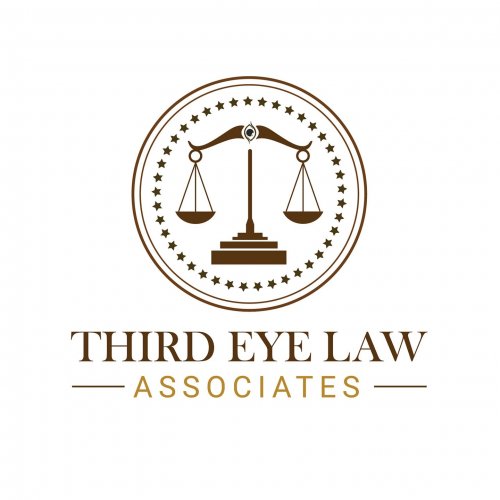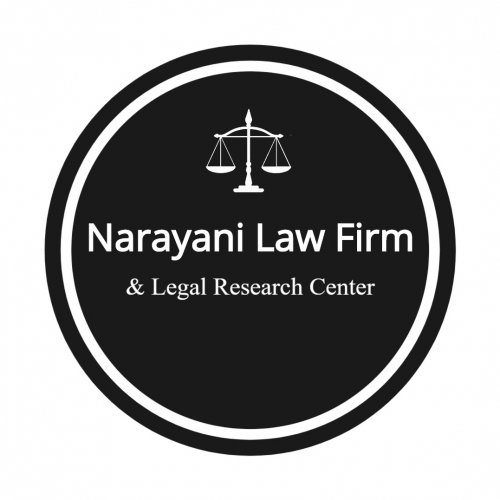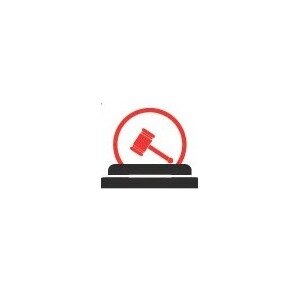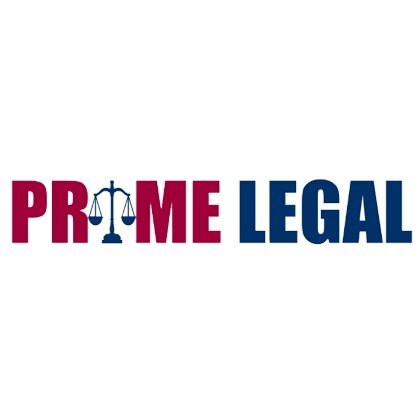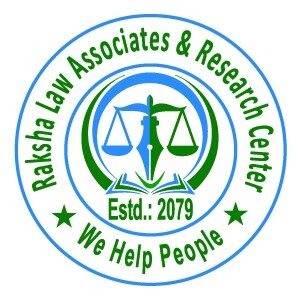Best Juvenile Law Lawyers in Nepal
Share your needs with us, get contacted by law firms.
Free. Takes 2 min.
Or refine your search by selecting a city:
List of the best lawyers in Nepal
About Juvenile Law in Nepal
Juvenile Law in Nepal is designed to protect the rights and interests of minors who are under the age of 18. The intent of these laws is to provide children with a pathway for rehabilitation rather than punishment. In Nepal, Juvenile Justice is governed by various legal provisions, including the Children’s Act, which emphasizes the welfare of the child, educational reform, and rehabilitation. The judiciary aims to uphold the best interests of the child in all legal matters, ensuring a fair trial and support systems that aid in the child’s development and integration into society.
Why You May Need a Lawyer
There are several situations where individuals might require legal assistance under Juvenile Law in Nepal. These include scenarios where a minor is accused of committing an offense, situations involving child custody disputes, issues of child labor, or instances where children’s rights have been infringed. Legal counsel can guide families through the complexities of the legal system, ensuring minors are treated fairly and their rights are protected. Lawyers also play a crucial role in advocating for rehabilitation programs and educational reform that are vital to the juvenile justice philosophy.
Local Laws Overview
Nepal’s Juvenile Law is primarily governed by the Children’s Act, the Juvenile Justice (Procedure) Regulations, and various Supreme Court directives. Key aspects include:
- Age of Criminal Responsibility: Children under the age of 10 cannot be held criminally responsible for their actions.
- Juvenile Courts: Specialized courts handle cases involving minors, ensuring proceedings are child-friendly and focused on rehabilitation.
- Protective Custody: Minors involved in legal disputes are ensured protective custody rather than detention with adults.
- Legal Representation: Minors have the right to legal representation and are informed of these rights throughout legal proceedings.
- Confidentiality: The identity and privacy of minors in legal proceedings are protected by law, restricting media and public access to specific details.
Frequently Asked Questions
1. What is the minimum age of criminal responsibility in Nepal?
The minimum age of criminal responsibility in Nepal is 10 years. This means that children under this age cannot be held criminally responsible.
2. Can children be tried in ordinary courts?
No, children are tried in specialized Juvenile Courts designed to handle cases pertaining to minors with a focus on rehabilitation rather than punishment.
3. What are the rights of a child in need of legal protection?
Children have the right to be treated with respect and dignity, to have legal representation, to be heard in proceedings that affect them, and to be protected from harm or discrimination during legal processes.
4. How does one obtain a lawyer for a juvenile case?
One can contact local legal aid services, consult private law firms with juvenile law expertise, or request assistance from organizations focused on children’s rights and welfare.
5. What is protective custody?
Protective custody ensures minors are not detained with adult offenders, focusing on their safety and well-being while a case is being resolved.
6. Are juvenile criminal records accessible to the public?
No, juvenile criminal records are confidential to protect the child's privacy and future prospects.
7. What types of actions can lead to a juvenile court case?
Actions such as theft, vandalism, substance-related offenses, or participation in unlawful activities can lead to a juvenile court case.
8. How is rehabilitation prioritized in juvenile cases?
Juvenile courts work with social services to create rehabilitation programs that include counseling, education, and community service as alternatives to detention.
9. Can a parent or guardian represent a child in court?
While parents or guardians play a critical role, legal representation must be provided by an attorney specialized in juvenile law to ensure the child's rights are comprehensively defended.
10. What happens if a minor commits a serious offense?
Serious offenses are still addressed in Juvenile Courts, with a focus on rehabilitation balanced with measures to address public safety and accountability.
Additional Resources
For those seeking more information or assistance, consider reaching out to the following:
- Central Child Welfare Board (CCWB): Offers various resources and programs related to child protection and welfare.
- Legal Aid Services: Available through the Nepal Bar Association to provide legal representation and counseling for minors in need.
- UNICEF Nepal: Provides research and resources on child rights and juvenile law.
- Local NGOs: Organizations such as CWIN Nepal and Child Workers in Nepal provide support and advocacy for juvenile law cases.
Next Steps
If you require legal assistance in juvenile law, begin by consulting with a qualified legal professional who specializes in this area. Collect all relevant documents and information related to the case, and ensure that the child's rights and welfare are a priority throughout the process. Engage with local support organizations for additional guidance and assistance to navigate through legal complexities effectively.
Lawzana helps you find the best lawyers and law firms in Nepal through a curated and pre-screened list of qualified legal professionals. Our platform offers rankings and detailed profiles of attorneys and law firms, allowing you to compare based on practice areas, including Juvenile Law, experience, and client feedback.
Each profile includes a description of the firm's areas of practice, client reviews, team members and partners, year of establishment, spoken languages, office locations, contact information, social media presence, and any published articles or resources. Most firms on our platform speak English and are experienced in both local and international legal matters.
Get a quote from top-rated law firms in Nepal — quickly, securely, and without unnecessary hassle.
Disclaimer:
The information provided on this page is for general informational purposes only and does not constitute legal advice. While we strive to ensure the accuracy and relevance of the content, legal information may change over time, and interpretations of the law can vary. You should always consult with a qualified legal professional for advice specific to your situation.
We disclaim all liability for actions taken or not taken based on the content of this page. If you believe any information is incorrect or outdated, please contact us, and we will review and update it where appropriate.
Browse juvenile law law firms by city in Nepal
Refine your search by selecting a city.





